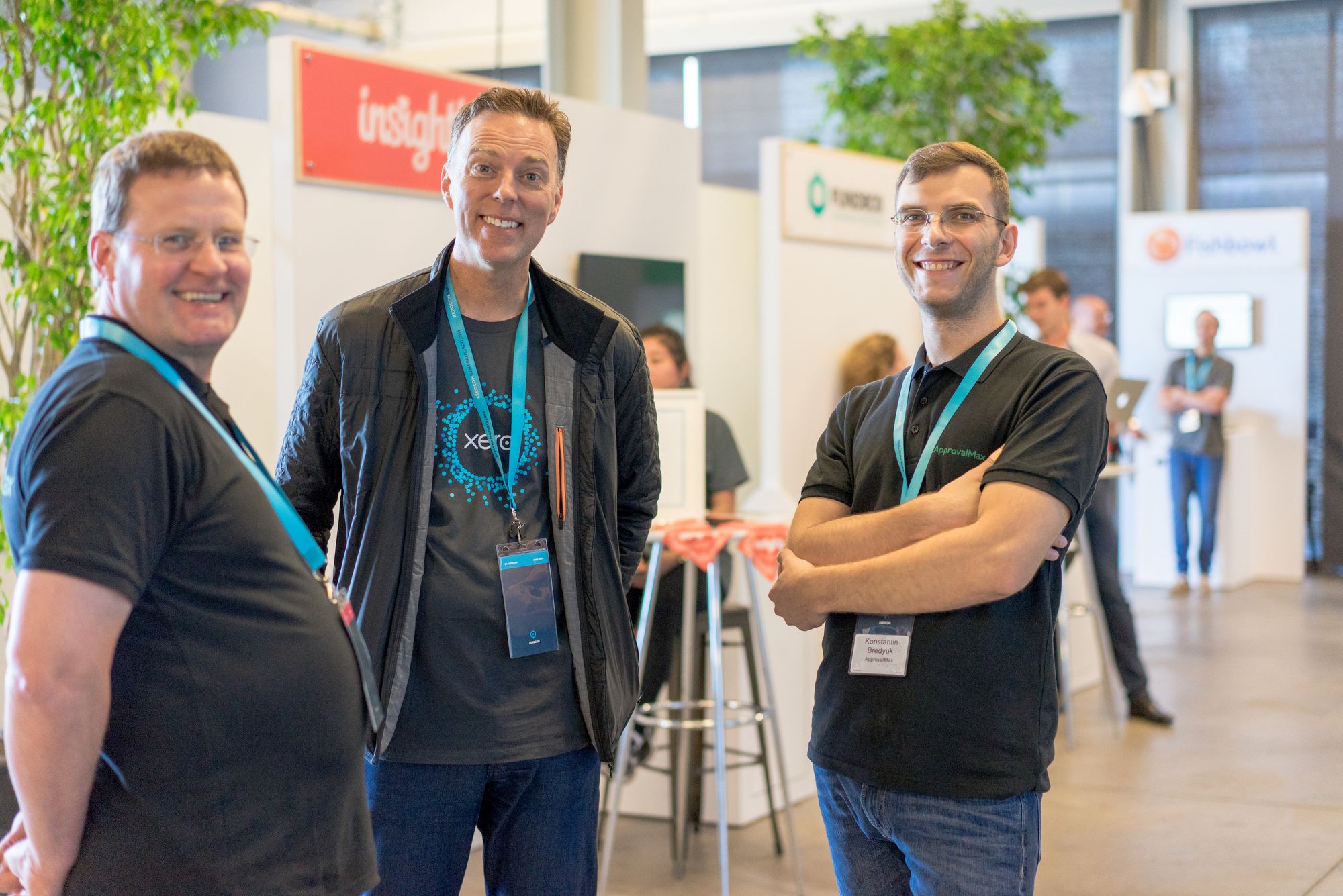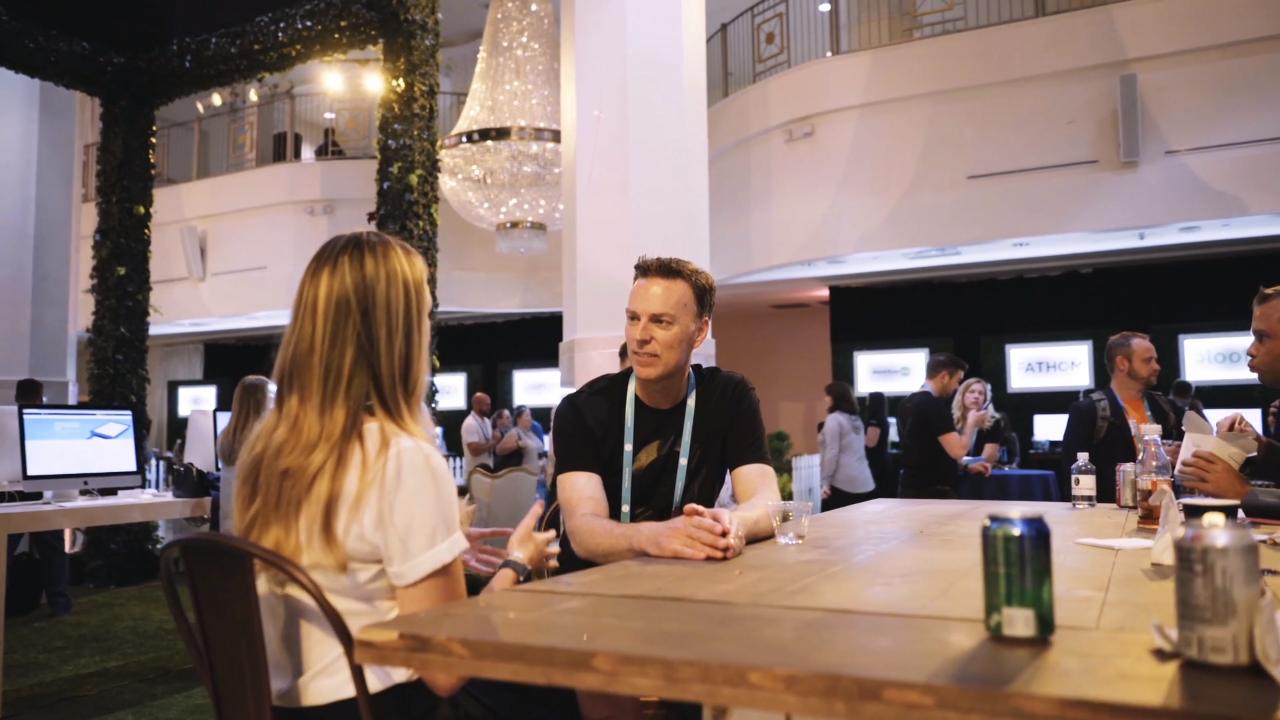What is developer evangelism? I’m here to say it has nothing to do with church, prayer or miracles. I’ve heard developer evangelism described as “marketing to developers”, but I find this limits the definition of evangelism to the language of marketeers like messaging, top of the funnel, leads and conversions. Evangelism has an impact, but it’s not always immediate, direct or easily measured. For me, the work of developer evangelism is accomplished through connections, empathy and advocacy.
Connections
Evangelism is about building authentic connections. It’s primary purpose is not selling, but helping developers. This starts with understanding the problem a developer is facing and offering the best advice even if the solution does not include your product. In this way, you are authentically helping and not pushing your agenda. The trust and respect that is earned becomes an extension of your company and it’s brand. This is my philosophy and is at the heart of how I do developer evangelism.
Sales is often a straight line as you track prospects through a funnel to paying customers. Don’t get me wrong, we want a sales process that is seamless for developers, but evangelism is much more than that. Developers may enter a credit card resulting in a transaction, but the time they invest learning about your technology is not transactional. As developers learn to use a technology, it becomes a tool in their toolbelt. A tool they can use in the future, share with others or even help make better. Instead of a funnel, picture concentric circles (credit to Josh Dzielak and Patrick Woods from orbit.love) around your product. The work of developer evangelism brings developers into your product’s orbit where connections are established and strengthened through the many touch points at your company.
What is a community, but people connected through a shared interest. We refer to groups of developers as “communities” and evangelism is one way you can engage with a community. Developer communities can sprout up around everything from programming languages (JavaScript, Ruby, Python) to type of work (devops, front-end, full stack). For this reason developer evangelism isn’t alway about your product but is often about lifting up the developer community. These efforts can establish your company as a leader in the community and a trusted technology brand.

Empathy
Empathy is the ability to understand and share the feelings of another. Developers come to us with a wide range of experiences and abilities. For this reason, how they experience technology can vary greatly. We may assume a level of experience they don’t possess, don’t support functionality they desire or do a poor job documenting how to use technology. Developer evangelism can bridge the gap with a developer by asking questions, listening and having empathy for how a developer is feeling at that moment.
Through empathy, we gain insights into how developers might get tripped up when learning about our technology. We can drive improvements through blog posts, tutorials, code samples and other educational materials. When speaking we strive to be inclusive of developers with varying levels of experience. In conversation, we don’t dismiss developers when they struggle to understand a concept or design pattern and look to connect the dots in other ways.
Over time, our empathy can influence the lense in which we view the world. We can look at a decision or new initiative from multiple angles and think through the possible impact on developers. Empathy enables the evangelism team to represent those developers not able to be in the room. This is where our role as advocates kicks in.
Advocacy
Developer evangelism might conjure the image of someone on stage sharing knowledge to the masses, which indeed we do. We must not forget advocating on behalf of developers with the people around us. Evangelism presents the unique opportunity to have knowledgeable technologists listening to developers' struggles and hopes for your technology. You can still send out surveys and ask developers for feedback en masse, but the results can be limited by the format and lack of interactivity. Evangelists have the advantage of engaging in a conversation over time with developers and the ability to evaluate feedback, see patterns and weigh its importance.
Establishing a forum for evangelists to discuss feedback with product teams is essential to advocacy. Without the ability to influence product roadmaps, your company will lose a valuable function of evangelism. The morale of your evangelism team can suffer if they don’t have a voice in product decisions.
Through advocacy we have an opportunity to learn from developers (our customers) how to improve our technology. More importantly, we discover pain points that we can solve through new products. Open source software takes advocacy to the next level and invites developers to contribute their ideas through code. The evangelism team can play a role working with developers at this level.
Help people
I think the greatest thing about developer evangelism are the people who make up the developer relations community. We come from varied backgrounds and have taken different paths to arrive where we are today. The definition of evangelism continues to evolve as the community grows and changes. We each bring our own perspective to the question “What is developer evangelism?”.
I’ve highlighted connections, empathy and advocacy as the attributes that underpin my evangelism work. A simpler way to say it ... “help people”, two words that describe many professions. I hope you found this helpful.
